“Only through the vigorous application of our correct Leninist program on the Negro question could the Party carry through and lead such a struggle as the Scottsboro campaign. This campaign gave rise to the sudden movement of mass participation of Negro workers on an unprecedented scale in the general struggles of the working class throughout the country.”
Harry Haywood, also known as Haywood Hall, Jr. was born on February 6, 1898 in South Omaha, Nebraska. In 1913, in response to KKK oppression, the Hall family moved to Minneapolis.
In WWI, Haywood served in a segregated, all-black unit, only to return to the United States and become radicalized by violent, white-instigated race riots in 1918. In 1925, he joined the Communist Party of the United States after years of study and research, citing Russian Bolshevik Vladimir Lenin’s State and Revolution as the most influential book he had ever read in regards to politics.
He went to the Soviet Union to learn more about these values, like many other Black Americans and other anti-colonial revolutionaries during that time. Haywood attended the famous Communist University of the Toilers of the East and the International Lenin School, where he met revolutionaries such as Ho Chi Minh. Almost immediately, he started fighting for the recognition of Black American issues and Black nationalism.
To this end, he drafted the Comintern Resolutions on the Negro Question, which stated that Black Americans comprised an oppressed nation within the United States, and thus were entitled to support in the fight for self-determination, up to and including the right to secession and inde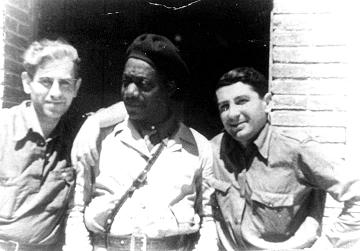 pendence. He upheld this mission throughout his entire life.
pendence. He upheld this mission throughout his entire life.
Haywood worked tirelessly to advance the liberation struggle upon returning to the United States, working on the Scottsboro Boys campaign, the Hands off Ethiopia Campaign, and for union work in order to organize both white and black workers.
Haywood was mandated to serve his country in three wars: World War I, the Spanish Civil War with the International Brigades (Abraham Lincoln Battalion), and in World War II with the United States Merchant Marine.
In 1948, his work Negro Liberation was published, which laid out the position he helped develop at the 1928 Comintern Congress. He explained that the special oppression of Black people and other oppressed nationalities within the United States would be fundamentally resolved by a revolutionary nationalist fight and self-determination, which is an essential part of the broader struggle for workers’ revolution. The book also provided a concrete analysis of the concrete position of the black masses after WWII, making use of population and economic data.
Despite his years of tireless work, Haywood was driven out of the Communist Party of the United States of America (CPUSA) because he stood against Nikita Khruschev and upheld the legacy of Josef Stalin. Haywood also took issue with several incorrect positions taken by the CPUSA and problems within, such as its official dropping of the demand for self-determination for black people and white chauvinism among its members.
Haywood became deeply involved with the New Communist Movement, which aligned with Mao Zedong and the People’s Republic of China and firmly stood against the compromising, misrepresenting, and disregarding of Marxist-Leninist principles. Khruschev was a revisionist when he proposed “peaceful coexistence” with imperialist, capitalist countries such as the United States and the NATO bloc.
Haywood worked all throughout the 1960s with such figures as Malcolm X, and in such organizations as the October League, Detroit Revolutionary Union Movement, and the League of Revolutionary Black Workers. Through his work, he made a major theoretical impact on the New Communist Movement, and inspired succeeding generations of revolutionary freedom fighters. Although he died in 1985, his theories and fight for liberation continue to inform and inspire.
Sources:
https://www.marxists.org/archive/haywood/1976/x01/x01.htm
http://marx2mao.com/Other/NL48.pdf
https://www.marxists.org/history/erol/1956-1960/haywood02.htm






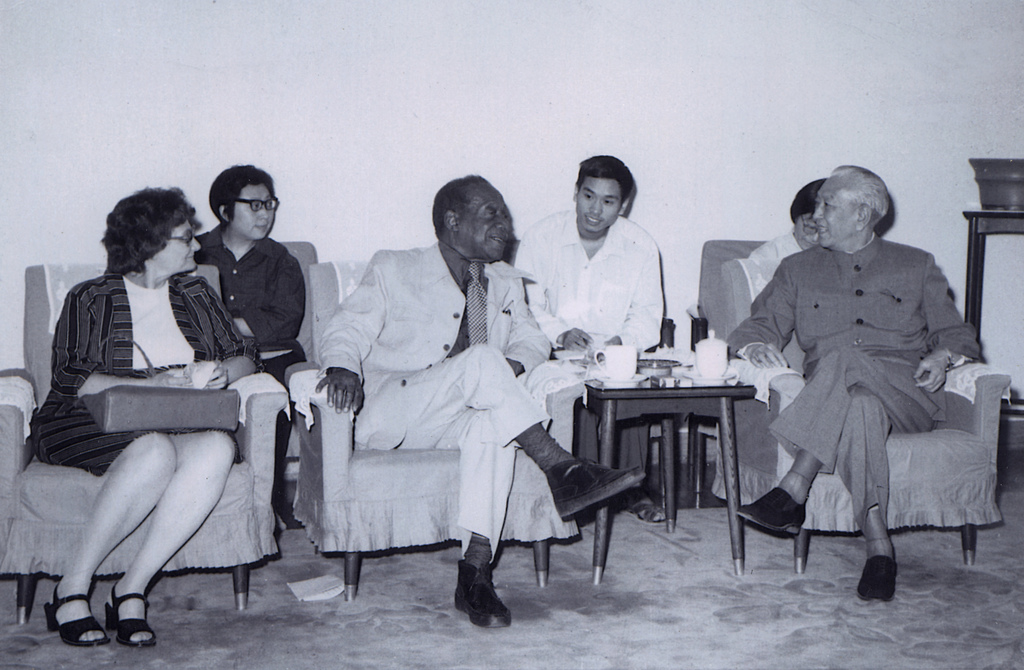



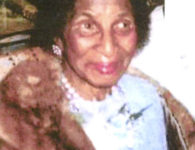

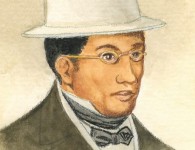
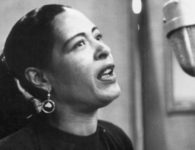
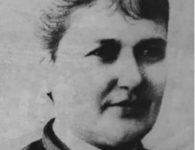
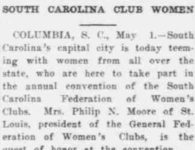

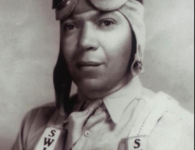
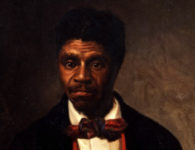
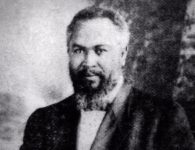

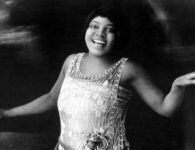
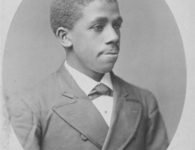

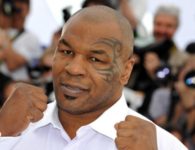

1 Comment
[…] ethno-states need to be incorporated into this new re-imagining of America. Both Malcolm X and Harry Haywood were Black nationalists that advocated for sovereign black communities and even a Black ethno-state […]